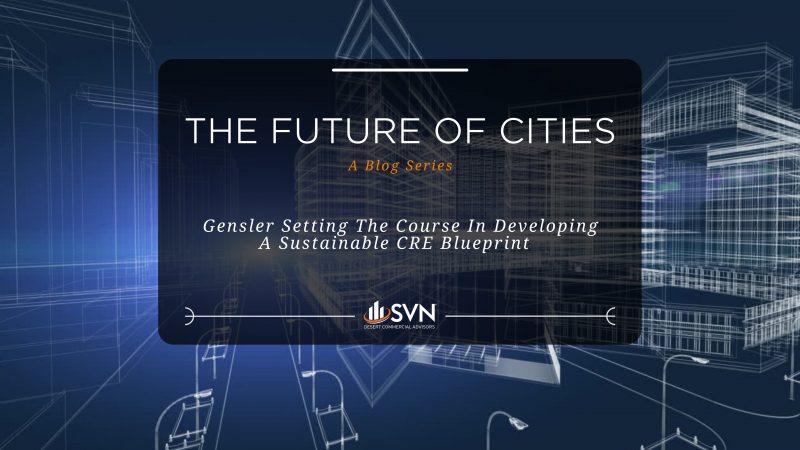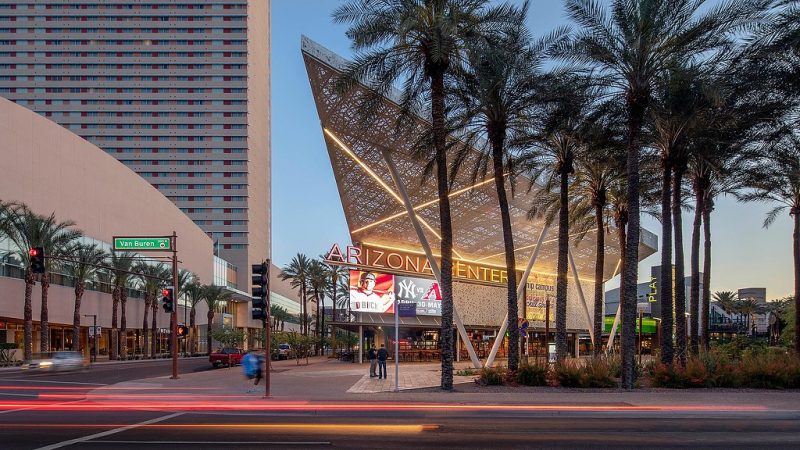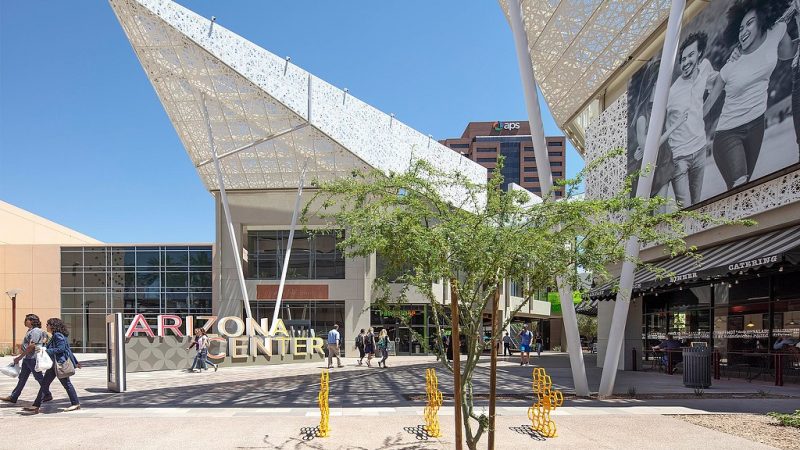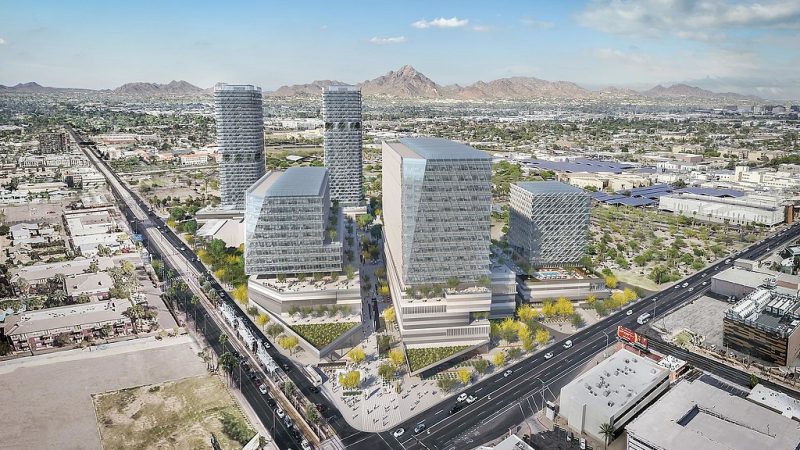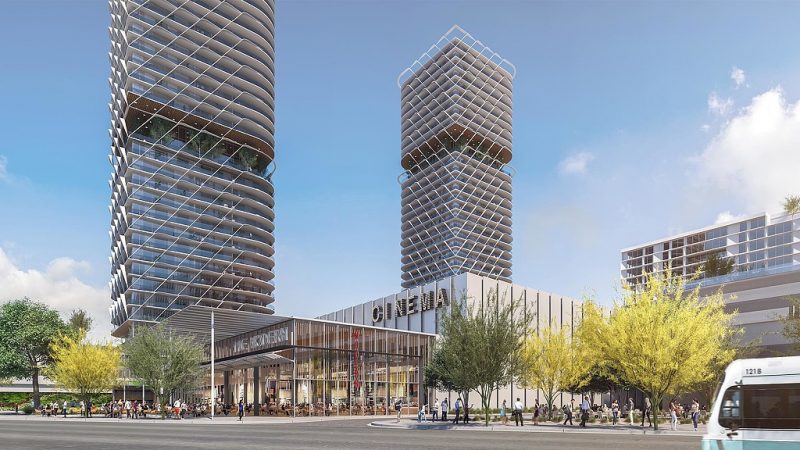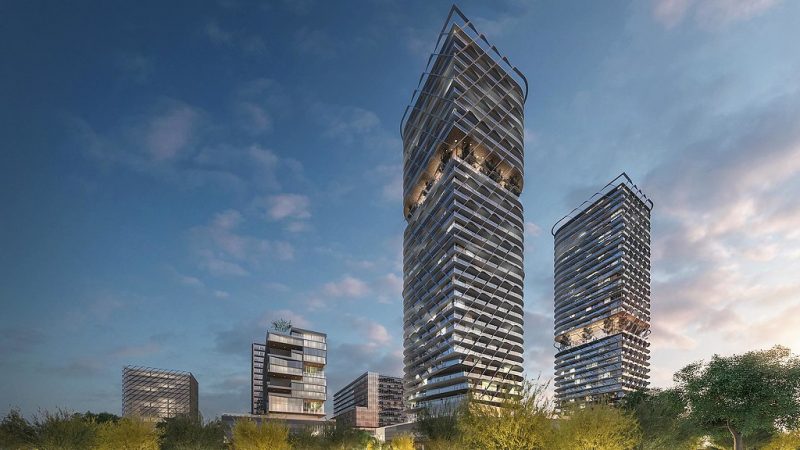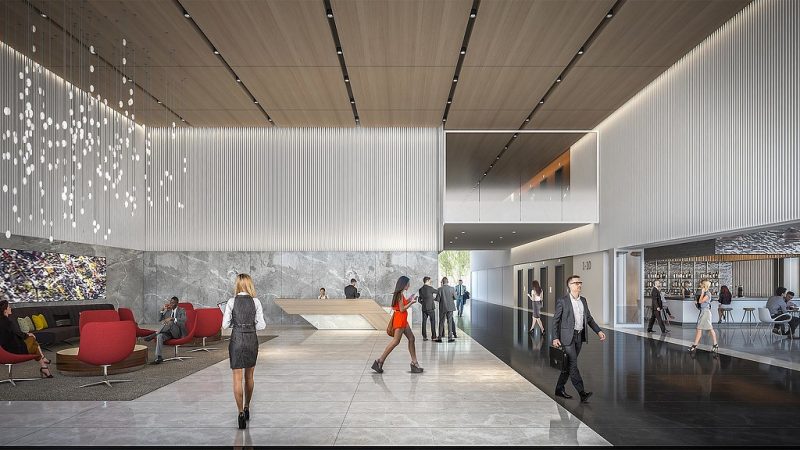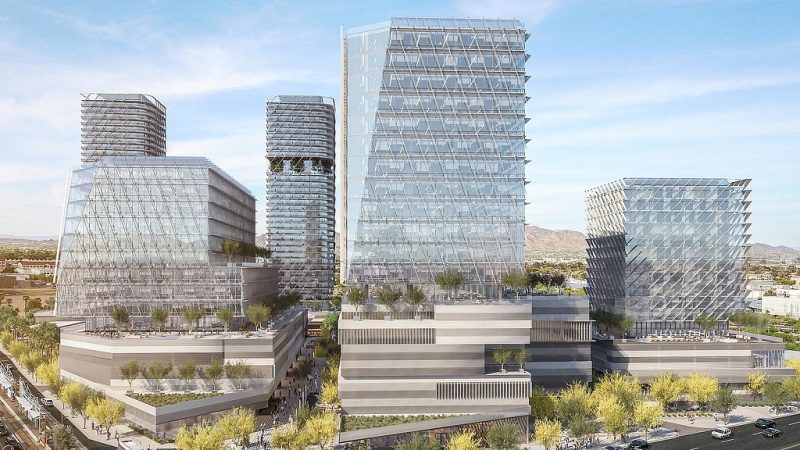Gensler is taking action! Improving the resiliency and sustainability of the building supply chain ecosystem by developing a new blueprint for quality, low-carbon products. It is no secret that everyone has felt the dreaded delays in manufacturing and shipping of products, matched with the increasing costs over the past several years. With locally extracted and manufactured materials, “this initiative will help businesses avoid the fallout of unexpected bottlenecks by creating new systems that help to ensure the long-term health of our clients’ portfolios with properties that already meet emerging safety, health, compliance, sustainability, and insurance requirements. Ultimately, improving the supply chain, building, and Commercial Real Estate ecosystem as a whole.
“Design will be the instrument of change in our cities and spaces.”
With over half of the world’s population now living in cities it is expected that by 2050 this number will rise to almost 70%. Unfortunately, due to the influx of people, impacts of the COVID epidemic, and many other factors the views on urban life have drawn mass speculation in recent years. “According to the Gensler Research Institute’s City Pulse Survey, less than half of the people surveyed in 15 locations felt optimistic about their city’s future.” In order for cities to be more attractive there is a need to position them as a place that people want to live, embracing designs that create better experiences. How does this relate to Commercial Real Estate you might be wondering? The CRE community is involved from the ground up, quite literally in the case of new developments, and as a whole has been given the opportunity to help create the cities that people truly desire. This might look like creating 20-minute cities and urban centers that reduce vehicle traffic, improving transportation systems, incorporating green spaces that promote health and wellness, redeveloping buildings into mixed-use centers that facilitate a sense of community, low-carbon construction, and the list goes on. A point that Gensler makes all too well is that, the future of cities is in many parts leaning on design, innovation, and the CRE industry.
Climate disclosure mandates are on the rise, affecting the Commercial Real Estate industry and supercharging the low-carbon market. According to Fortune, “while the SEC’s landmark climate-related disclosure proposal would require public companies to disclose what a growing number of companies already share voluntarily in annual sustainability and ESG transparency reports, it could truly move the needle since it directly impacts real estate. The proposed call to report Scope 1, Scope 2, and Scope 3 emissions for real estate investment trusts (REITs) and other traded real estate almost immediately could lead to a national framework for the entire industry. These companies would now have to disclose the share of assets and properties exposed to certain material climate risks, such as wildfire and floods, as well as costs to improve the emissions efficiency of existing buildings.” Buildings and construction make up for ~40% of the global greenhouse gas emissions. If the entire real estate ecosystem transitioned to using low-carbon products at scale this could ultimately reduce global greenhouse gas emissions and costs over time. Gensler shows progress by getting ahead of proposed mandates and redefines the possibilities for greener buildings.
–
Gensler is already working on projects around the world, here are several that are located in the Phoenix Metro area.
Arizona Center | Phoenix, Arizona
The Central Park | Phoenix, AZ
Sources
https://www.gensler.com/publications/design-forecast/2022
https://www.gensler.com/projects/the-central-park?k=phoenix&l=search&s=date
https://www.gensler.com/projects/arizona-center?k=phoenix&l=search&s=date

